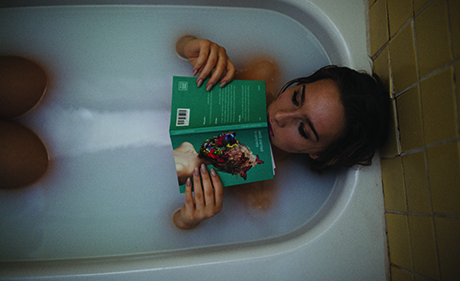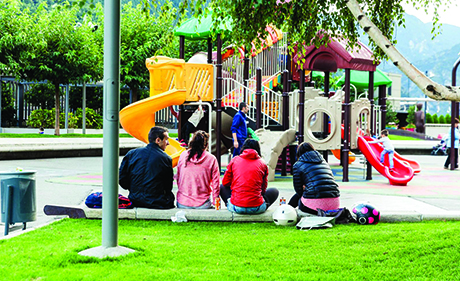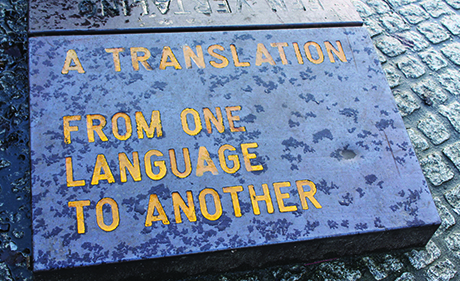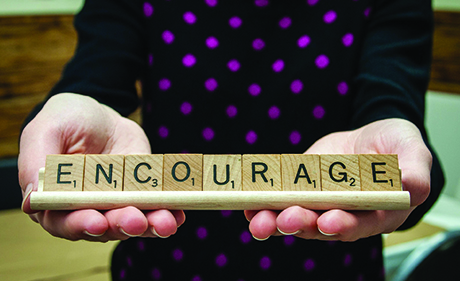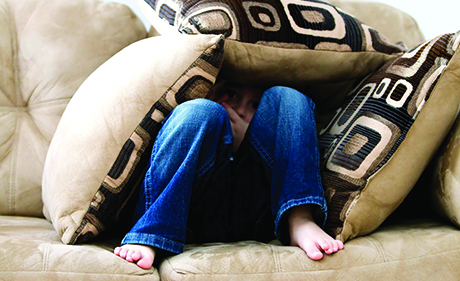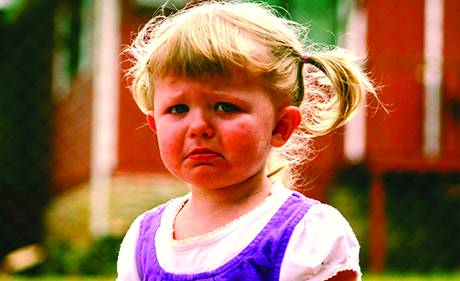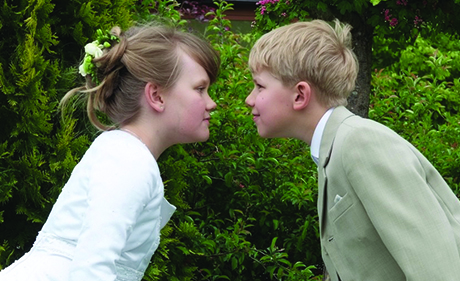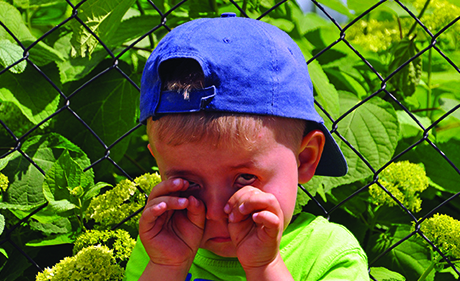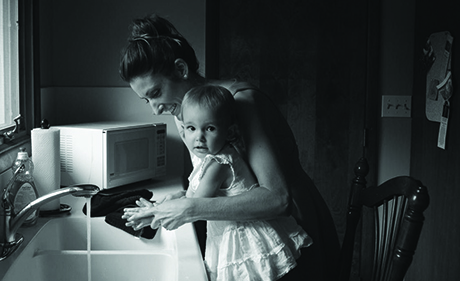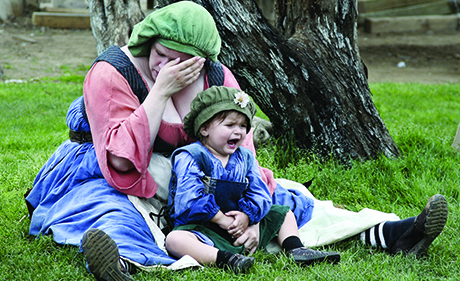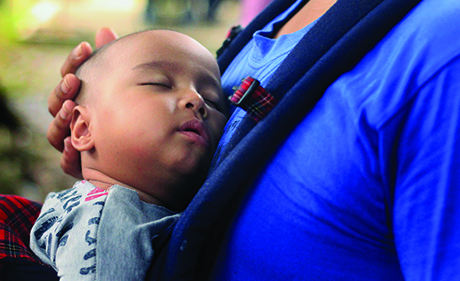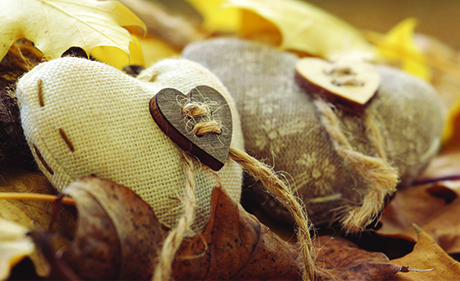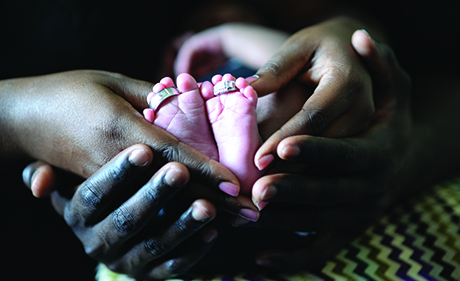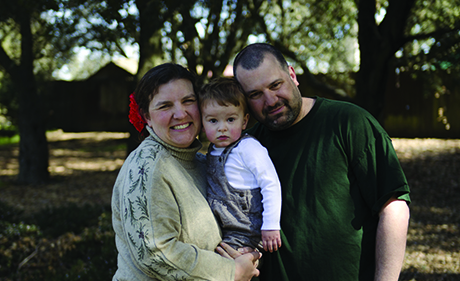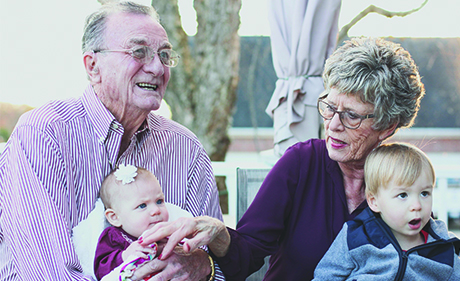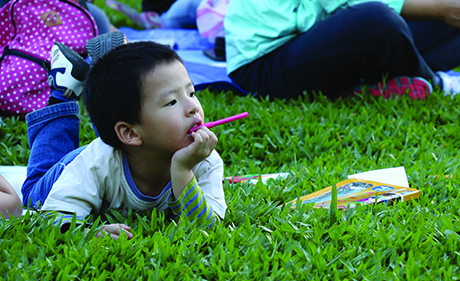[vc_row css_animation=”” row_type=”row” use_row_as_full_screen_section=”no” type=”full_width” angled_section=”no” text_align=”left” background_image_as_pattern=”without_pattern” css=”.vc_custom_1467088627867{margin-bottom: 50px !important;}”][vc_column][vc_column_text]
Parents today juggle more tasks, work longer hours, and sleep less than their own parents did. Yet the self-healing revolution has overlooked the most significant issue: how to cope with the relentless stresses of raising young children in the twenty-first century. Children and marriages are also impacted by the intensity of modern life, and by the grand and historically unprecedented experiment our society is undertaking with its most precious resource: the next generation.
[/vc_column_text][vc_column_text css=”.vc_custom_1543377804308{margin-top: 20px !important;margin-bottom: 30px !important;}”]My wife, Jan Hanson, M.S., L.Ac., and I have written many columns about making a family, with topics ranging from how to stay intimate friends with your partner while raising children to raising adolescents. They’re posted on our website, www.NurtureMom.com, and you can see the range of them below.[/vc_column_text]
All of us could probably get better at empathy, but men in particular tend to be raised in our society to focus on facts and solutions rather than feelings and relationships. Here is a list of questions a husband can ask his wife in order to be more empathic....
Here’s a Top Ten list of ways you can give more support to your partner to build a stronger, more resilient relationship....
It is common for parents to feel like the glass is half empty rather than half full. For that we would like to offer a Parent’s meditation on gratitude....
Feeling the stresses of multiple commitments tugging at you can make you feel like you can never take care of any single one as much as you would like. We’ve listed just a few ways that you can help serve yourself in this column....
It’s really natural to feel pulled in a million directions when you’re a mother. Many people have a hard time seriously getting on their own side, so that they feel mobilized to reduce their suffering and increase their happiness. Here are some quick methods....
In this column I will describe how to comfort the self of each parent and the comforts of support....
With kids there is just too much for one person to do alone, and each parent has a big stake in what the other one does with the child. Here we explore what makes a good partnership and how to assess it....
In this column, we present effective ways to bridge disagreements, create workable compromises, establish accountability, and follow through on promises — in short, how two parents can negotiate well with each other....
Loss of sleep is a major reason why many mothers of young children feel depleted; besides wearing you out, sleep deprivation robs the brain of certain substances you need for health and well-being. Here are some suggestions....
There are gains and losses for both parents in the arrival of their child. This article is a summary of the process and some suggestions for what a father or partner can do....
This is a brief summary of suggestions to bring some of the social aspects back in to life after having a child....
Sleep deprivation, little time for oneself, feeling let down, vicious cycles of finger-pointing, the in-laws and more are all causes for marital conflict. Here we present five key methods to solve these problems – and maintain an intact family in which to raise precious children....
When you relax a bit and come back to yourself, the true gifts of parenting come back to mind, the ones that go deeper than giving our kids toys and games....
In relationships, women generally tend to focus on feeling connected, while men are sensitive to status and dominance. Each gender style is valid and skill with the other gender’s style lets you shift gears effectively, depending on what’s needed....
In this column we will explore how parents can support the development of the positive motivations within their kids that will draw them toward productive and healthy paths....
Keeping romantic love alive in the midst of raising kids and earning a living is one of the hardest things that anyone can do. By keeping commitments, building a framework and using a variety of tools, you can turn things around....
Just parenting itself is very difficult. The larger task of making a family — earning a living, maintaining a marriage, juggling schedules, managing a household, etc. etc. — is even harder. This article explores what to do individually and as a couple to keep the flame of love burning....
In this column we will explore how parents can nurture an intimacy with their kids that can survive the (usually) wild ride of adolescence....
In this column we will discuss things that parents and teachers can do to help children who are inattentive, restless, and impulsive....
Some children are naturally adaptable and cheerful. But many are not, so we’ve put together a package of approaches (on a foundation of loving nurturance and appropriate parental authority) that we’ve seen work in numerous families – many of which are useful for more easygoing kids as well....
In this column, we explore how to teach basic, essential psychological skills that all children need, like being able to let go of upsetting experiences or take in positive ones....
In this column we will explore how parents can solve problems, resolve conflicts and stay out of unnecessary fights with their teenagers. That is a large subject, so what follows is a brief summary of ideas that have worked with other families which you should adapt to your own unique situation and values....
A child’s — or grownup’s — wants usually follow a particular path through time that I call an ‘arc of desire.’ Figuring out what a child wants requires understanding that whole arc....
We base our actions toward children on ideas about their nature and needs and it is important to examine the notion of “optimal frustration,” which means not always giving a child what they want to make them more independent....
Our siblings are usually the people we know longest in this life, but it’s striking how many people have distant, even hostile relations with their brothers and sisters. Family tensions related to sibling rivalries wear on parents individually, and sometimes can challenge their marriage – so it’s important to tackle them in steady, systematic ways....
This column describes the nature of adolescence and a teenager’s underlying positive wants and needs....
How to respond when the wants of parents and children differ is one of The Big Questions of parenting. Things usually go well when parents and kids want the same things — problems start when they don’t! Here are some ways to handle these difficult situations....
We get caught in the swirl when our kids are little, and it’s hard to figure out which parts are normal kid stuff, or discipline issues, or child temperament, or parental stress overload, or couple’s issues – or something else! It really helps to have a simple plan you can keep returning to. Here are ten headlines to help....
Skillfully responding to child wants are the foundation of a lifetime of success and satisfaction with our wishes, hopes, and dreams....
Summertime is also a time when it behooves parents to be really on top of their game in terms of keeping the needle on their personal stress meter out of the red zone. Here are ten great ways to weave stress relief into the fabric of your everyday life....
Everybody’s self-aware, to some degree — and here are some ways to get even better at it....
Parenthood is a long journey, a marathon, not a sprint. We’d like to offer this advice to help you through it....
Many mothers think back to their own moms and feel dismayed that they may not be handling things as well. It’s both poignant and sadly unfair to the women who feel this way, since times have changed so dramatically. In response, we’d like to offer these words....
Parenthood is profoundly fulfilling . . . but it is also the most physically demanding and stressful activity most people – whether women or men – will ever do, and it gets done day after day for twenty or more years. You can start feeling better about things just knowing that you are not alone....
Mothers get stressed and depleted over time through the accumulation of a thousand little things. It is through doing little things each day that are good for you that you accumulate a growing pile of positive resources for your health, well-being, strong teamwork, and lasting love. These are worth knowing for a mother herself, and for anyone who knows her....
Parents put out so much during the day that it’s easy to get depleted: more is going out than is coming back in. It’s so vital to keep putting back in your tank. Here, let’s look at how to fill yourself back up emotionally....
Some perspectives and approaches for parents to help their children deal with skin conditions....
Under the press of everything you have to do as a parent, combined with feeling tired and frazzled, it’s only natural to feel a little distant from your mate. But as the saying goes, “love is a verb,” which means that an intimate relationship ultimately rests on how we act toward our partner....
Daily life has its stresses, and these days it’s seems like there’s more of a general uneasiness about how things are going that makes people more edgy and aggressive. Here are 21 Ways To Turn Ill Will to Good Will....
It’s natural to feel both absorbed in your baby and worn out, so that any extra tug from someone else can seem like a burden. From personal experience and professional contact with thousands of parents, we think it’s a terrible mistake to set your husband or partner aside when baby makes three....
Moms deal with so many feelings and needs and wants in her children and partner that the stress builds up over the course of a day. Here’s a summary of practical methods for letting go....
These days, dads too (like moms) are pulled in different directions by changing expectations about their proper role in the family coupled with unrelenting pressures to be a successful breadwinner. Find out how to be an excellent team player in the role of childrearing....
It is often true that parents wish their partners understood them more. Here we explore empathy for a father....
Many new fathers – not all, to be sure – love their children enormously . . . but from a safe distance. Here we’ll discuss a variety of ways to get dad more involved with the baby....
Fundamentally, empathy is a skill, like any other, and you can get better at it. And much the same, you can ask your partner to get better at it, too! Getting better at empathy will only help a person become a better parent....
Here are some questions that you can use as a checklist to help yourself communicate authentically and skillfully – so that the outside you show the world more closely matches your insides....
Sometimes two people seem like they’re just an inch away from falling in love again – but somehow it never quite clicks and they keep on slowly drifting apart. In this column we explore the foundations of marriage and ways to show that your partner truly matters to you....
In this column, we will apply effective ways a mother and father can communicate to the sometimes thorny issues of of childrearing practices, who does what, sharing the load fairly, and money....
Here, we will discuss the (often heated) issue of who does what and how to share the load fairly....
Disagreements and grievances are normal in any relationship, whether it’s between a mom and dad, or between two nations or peoples. Here are four things that will lead to your best chance of resolving a quarrel....
Parents often work out their differences informally, but sometimes, you’d benefit from a process that’s a little more structured. Here are some questions to help discuss the values that guide your parenting....
During periods of intense demands – such as the first months after birth – it’s normal for a couple to have less time for each other. Time together for conversation, doing fun things together, sweet moments, and affection is the foundation of a strong and enduring love. Here are some suggestions for busy parents....
Some couples are equal partners in the work of making a family, but not all. If you are one the many who would like more help from your partner, here are some suggestions for you....
When children come along, relatives can be an incredible blessing or something of a curse – and sometimes both at the same time. Happily, there are lots of ways to keep things on a good footing with the relatives. Here are just a few....
Here’s a list of eight things a mom can do tend to a dad’s needs....
This is a BIG topic, so please consider this column a summary of the summary of what could be said about it. For much more information, please see chapter 8 of our book, Mother Nurture....
The topic of ADHD is fairly controversial these days. There’s no controversy about the fact that individuals range on a spectrum of distractibility, restlessness, and impulsivity. In this post, we’ll explore what that spectrum means – and what to do about it....
Nurturing yourself is what enables you to be at your best for your children. You work hard for the sake of your children and family, and that entitles you to respect, care – and stress relief....
[/vc_column][/vc_row]






